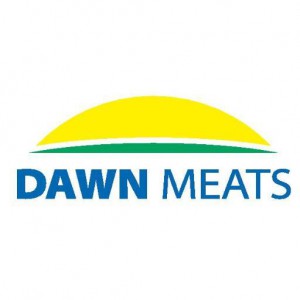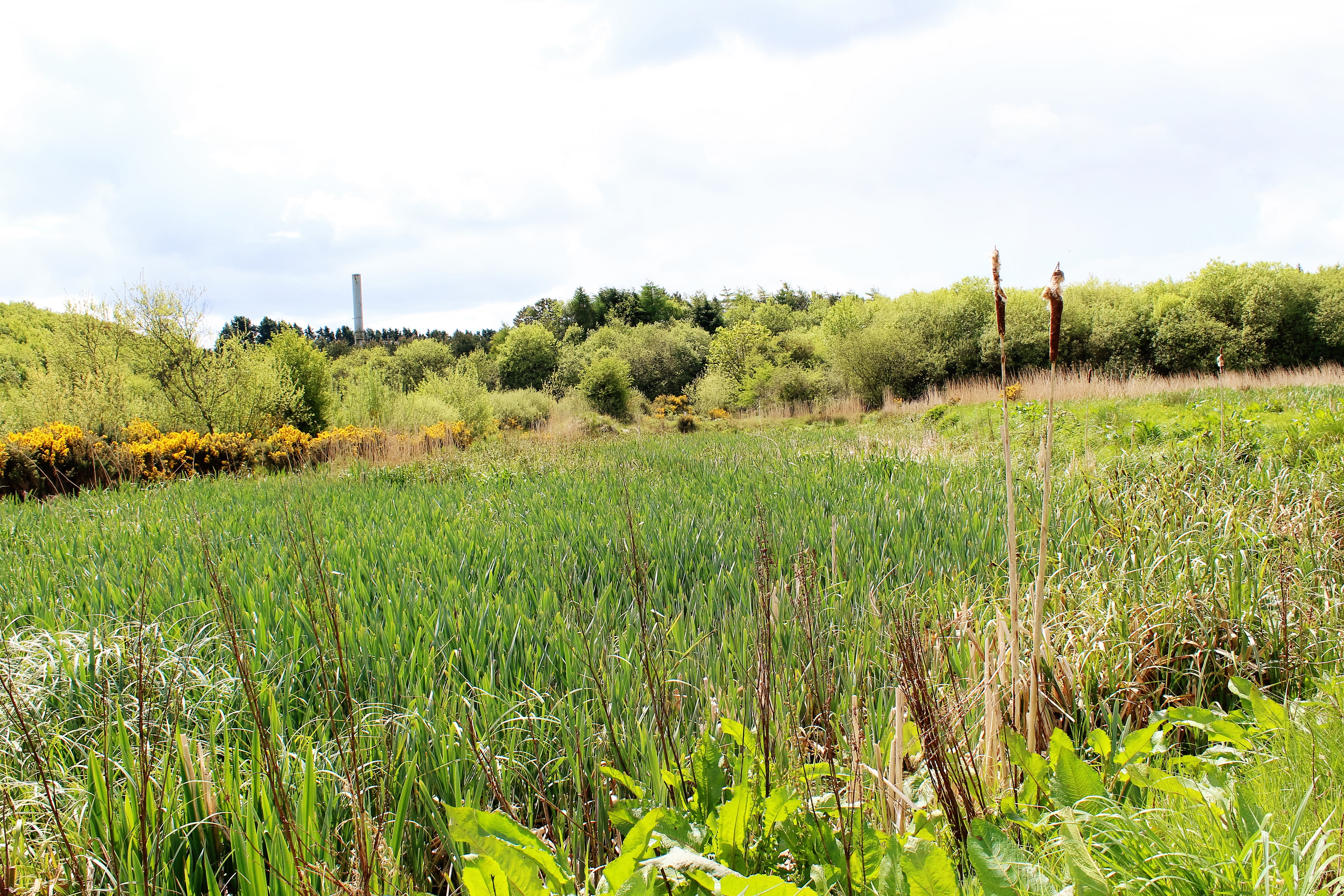Dawn Meats: How a green infrastructure project saved money and conserved biodiversity
Company Background
Dawn Meats, established in Co Waterford in 1980, is a second generation family owned Irish company with operations in nine European countries marketing quality beef and lamb products to a global customer base in over 40 countries. Dawn Meats sells 90% of its products in overseas markets and employs more than 3,300 people at 24 locations in Ireland, the UK, Continental Europe and Asia.
What was the Opportunity
Dawn Meats wanted to identify a cost-effective solution to treat wastewater at its Carroll’s Cross site in County Waterford. It produces 80m3 of wastewater per day from its process and administrative facilities. A conventional mechanical wastewater process can be financially as well as environmentally demanding (in terms of carbon emissions), so the idea of a more sustainable, low-cost option appealed to the organisation.
What was Achieved
The company installed a seven-acre integrated constructed wetland (ICW) over two phases at its facility in order to treat wastewater, the first phase in 2004 and the second in 2012. This biodiverse wetland relies on natural processes to remove microbial, chemical and sedimentary contaminants from the water. As the receiving environment is a low flow stream, the wastewater is treated to a high standard as laid out in the discharge licence. The ICW is reducing the biological and solid load by 95% and the nitrogen and phosphorous loads by 90%. The ICW succeeded in avoiding the high carbon emissions associated with energy-intensive mechanical water treatment, as well as the high operating costs. Since its construction in 2004 and extension in 2012 (which more than doubled the size of the wetland), it has saved Dawn Meats approximately €200,000 and at present is saving around €25,000 a year in reduced energy, chemical, maintenance and labour expenditure. Over the two phases, the project itself cost approximately €215,000. The ICW has also enhanced the wildlife on the site, which was an important consideration for the company. As well as being valuable in terms of providing a home and food source for various species of bird, animal, plant, insect and fungi, the creation of this biodiverse habitat has brought with it a positive social outcome that complements the environmental and economic aspects of the project. The ICW has assisted in forging strong community connections, specifically between Dawn Meats and Waterford Institute of Technology (WIT) and its students, who have conducted initial baseline and biennial biodiversity surveys in order to monitor the health of the habitat over time.
Top Tip
Green infrastructure can save money, reduce emissions, promote biodiversity and enhance community relationships


